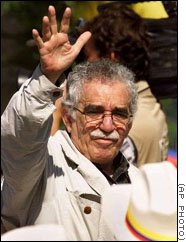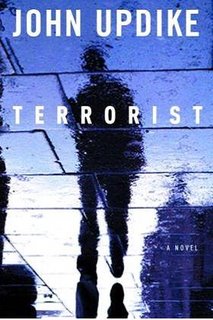
The crisis is only escalating with Israel going into North of Beirut and Hezbollah not letting up on its daily 200-plus Katyusha attack on Israel, some of which are now landing 25 miles away from Telaviv.
I see this situation going out of hand. There seems to be no scope for any kind of a ceasefire anymore. The Lebanese, the abandoned victims of this faceless war, are the only ones at the negotiating table but have little to negotiate with. Israel, despite its 12000 troops in Lebanon, is unable to contain the invisible Hezbollah, whose cache of Katyushas seems endless. With its mission incomplete, the proud and driven Israelis will not agree to a ceasefire against its fight with the Hezbollah for fear of losing face. However, given that the Hezbollah is a guerrila outfit, defeating it or negotiating with it is close to impossible. Consequently, Israel is in this war for a long haul; fighting a faceless enemy with no one national identity.
Lebanon and the thinking world looks toward the UN to bring about an end to this crisis but alas, the UN is proving to be ineffective. For the last fortnight or so it hasn't been able to muster a multi-nation peacekeeping force whose safety it can guarantee. Something that would only be possible if a ceasefire can be brought about between the warring parties, both of who are adamantly refusing to do so.
The other hope was that the US, a powerful UN member, will intervene; but that too failed because the US, committed to its 'war on terror', is backing Israel against Hezbollah, and will not negotiate for a ceasefire unless it is guaranteed 'sustainable'. Besides, the US is already fighting two other wars on alien soils, in Iraq and Afghanistan, and so is unlikely to enter into another.
That leaves the rest of us, a hapless majority. Having developed an
immeasurable immunity to human suffering through endless watching of news on the media, we can now, with reasonable ease, watch this innocent massacre of Lebanon to its completion.
However, the human mind never ceases to hope; maybe a miracle awaits, maybe there is another possibility that I can't envisage. Is there?
 caravaning cirruli
caravaning cirruli














